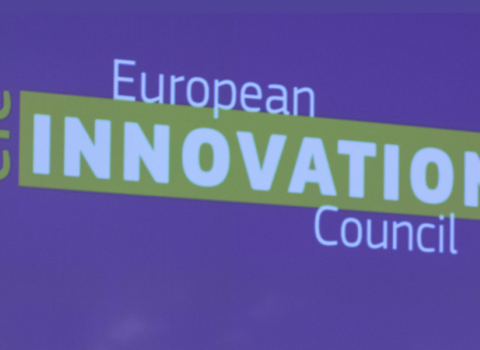
This change of emphasis was highlighted in the responses of over 400 senior executives who were quizzed on future plans for utilising their intellectual assets in a survey carried out by the Economist Intelligence Unit.
The strategic importance of intellectual property (IP) is growing rapidly, and European companies are changing how they manage IP.
Protecting the patented or copyrighted assets remains critical, but pressure is building from shareholders who are keen to see swollen IP portfolios applied to improve turnover.
When asked to identify the key motivators in their IP management strategies, 50 per cent of respondents cited the opportunity to grow the revenue base. This is slightly more than said they are driven by the need to protect investments in R&D, at 49 per cent.
The respondents also believe that collaboration is crucial to maximising the value of IP. Realising the full potential of ideas means letting them flow in and out of organisations to where they can be most efficiently handled at each stage of their development.
As many as 68 per cent of those surveyed said that increased R&D collaboration with third parties is central to driving their own company’s innovation. Another 46 per cent believe that collaborating in the development of standards is similarly important.
"The creation of intellectual property is coming increasingly to rely on open innovation," said Robin Bew, Editorial Director of the Economist Intelligence Unit, commenting on the findings. "In developing an IP strategy, companies will need to strike the right balance between protecting and sharing their ideas."
And surprise, surprise, the survey also finds European companies hungry for greater legal harmonisation. They want Europe's policymakers to create pan European IP standards, practices and rules, in order to lower the cost of innovation.
European IP remains under threat in both developing and developed markets. Patent infringement from emerging market competitors tops the list of threats cited by surveyed executives. While China is the biggest worry, executives are optimistic that the country's IP regime will improve in the short to medium term, as local firms develop valuable IP of their own.
In the developed world, meanwhile, recurrent litigation and inconsistent international patent legislation are a major drain on the resources of European companies.
"We note the rising importance of IPR protection and value creation to a growing number of sectors in European commerce, in both developed and emerging markets," says Andrew Gilbert, President, Qualcomm Europe, the company that sponsored the survey.
"In regard to China, it is also worth underscoring the report's finding that the Chinese government is taking substantial efforts to strengthen IPR enforcement and is working with companies toward this end."
“The value of knowledge: European firms and the intellectual property challenge” can be found at www.eiu.com/ValueofKnowledge.




 A unique international forum for public research organisations and companies to connect their external engagement with strategic interests around their R&D system.
A unique international forum for public research organisations and companies to connect their external engagement with strategic interests around their R&D system.